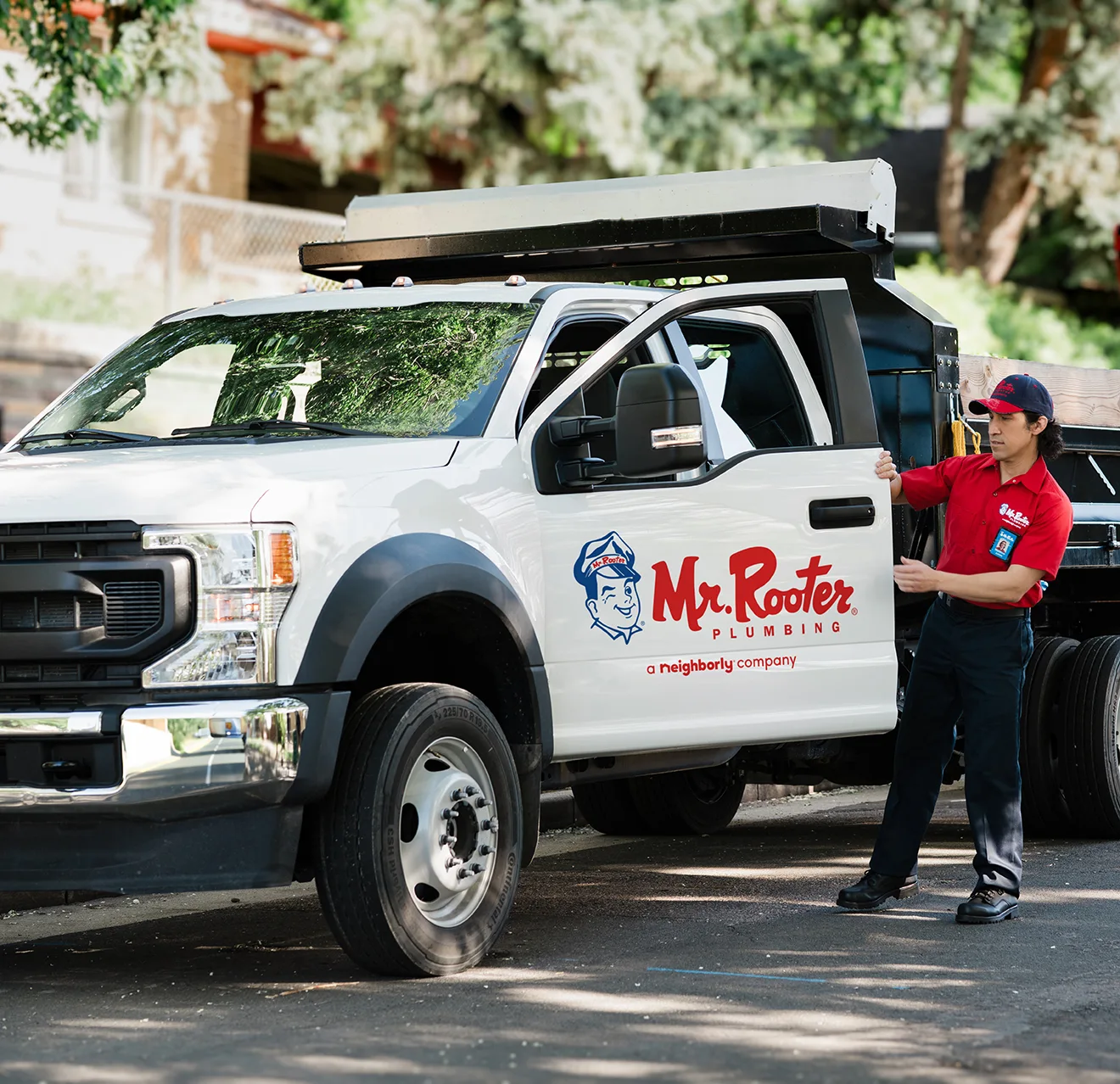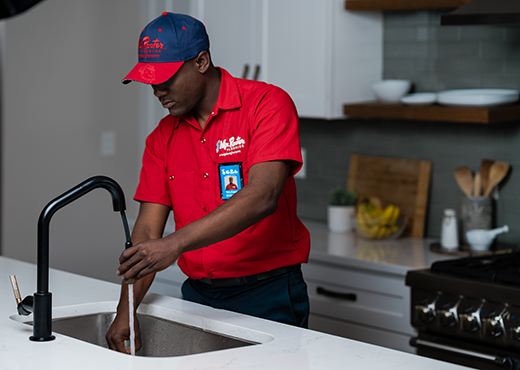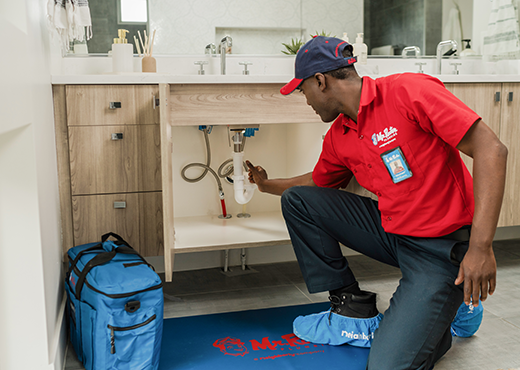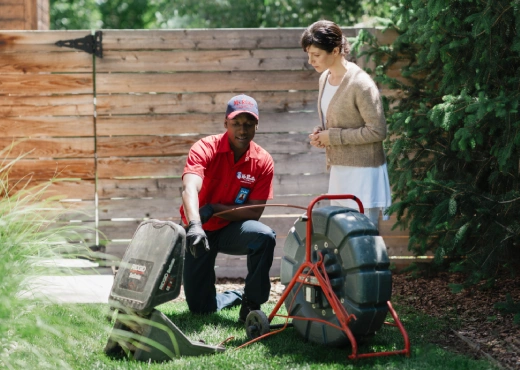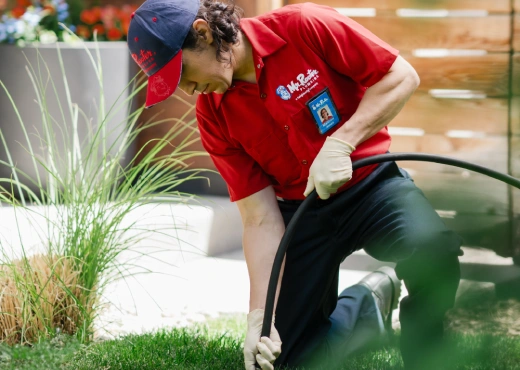Fort Worth, TX property owners should know our expert plumbers are detail-oriented and consider many factors for a Fort Worth water heater installation.
Different Types of Water Heaters
Fort Worth homeowners have a selection of either conventional storage-tank water heaters or modern tankless water heater installations. Fort Worth, TX residents can choose either one; both versions can be powered by gas or electricity, but they have different approaches to heating.
Tank-Based: A tank-based unit instantly heats gallons of hot water well in advance and stores it away inside the tank for later use when it is ready to be distributed to your water supply lines. Although it immediately provides hot water, you can also use it up in one go as there is a short revival period in which the unit needs to recharge to provide hot stuff again. During this period of rest, your tank will refill with cold water and be rekindled again to the minimum threshold. If you have more than a few family members we don’t recommend this as you’ll be waiting longer between hot showers for the unit to start up again.
Tankless: If you want instant and endless hot water on demand with no awkward pauses, this is your best bet. Tankless units cut out the middle man as water is stoked hot via a fast-tracked heat exchanger. Once you turn on the tap to the red setting, a sensor detects this and activates the water heater by triggering a sequence of heating elements within the unit itself and continues to transfer hot water until you turn off the tap. Unlike tank-based units, it doesn’t need to pre-heat water for storage, requires a rest period, or operates on a constantly on-and-off cycle but only starts up when you need to use it. And so you save in terms of water and electricity expenses as a tankless unit is more energy efficient. These also require less routine maintenance as the reduced water pressure means that it’s less susceptible to mineral and sediment build-up. If you can afford the upfront installation cost, it’s the most worthwhile investment and seems to increasingly become a popular choice for most Fort Worth homeowners. Of course, the only downside is that like any appliance it’s not invincible, so you do have to be mindful of not using all of your plumbing fixtures like your dishwasher, washer, and shower all at once.
Types Of Water Heaters
Gas: A gas unit is ignited by a flame at the bottom of the tank which blasts hot air through a chimney sweep as it ripples throughout the heater and transfers hot water directly to your tap as you turn it on. As hot water continues to flow out of the tap, cold water is redirected back to the heater to be warmed up once more. These are cheaper to install, so if you’re living on a tight budget, don’t have too many family members or roommates to cater to, and aren’t too worried about a possible power outage, this is your best bet. But be aware that proper upkeep including regular cleanings is mandatory due to carbon soot or sediment buildup which is ignored and can result in discolored rust and corrosion. And also be prepared to participate in more water heater repairs as gas-powered units are more likely to break down or burn out as boilers deteriorate quickly and eventually you’ll find you need a water heater installation. Fort Worth, TX homeowners who want something cheaper and quick should go for a gas unit; however, if they are looking for something more energy efficient to lower energy costs, we would not advise installing this one.
Electric: An electric unit reshuffles cold water to the dip tube and stokes it hot by using thermal energy. In doing so, hot water rises rapidly in the unit and transfers the scorching heat through your home’s drainage lines through the heat-out pipe. Electric units have a slow but steady approach as they take time to start up at the beginning but once they do, they provide more consistent hot water than gas-powered units. And although they are pricier to install they are more energy efficient, and you’ll notice an eventual difference in your monthly utility bills, it doesn’t hurt that they are the more environmentally friendly option.

